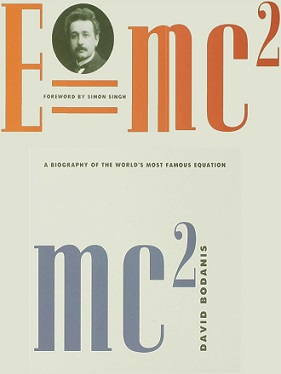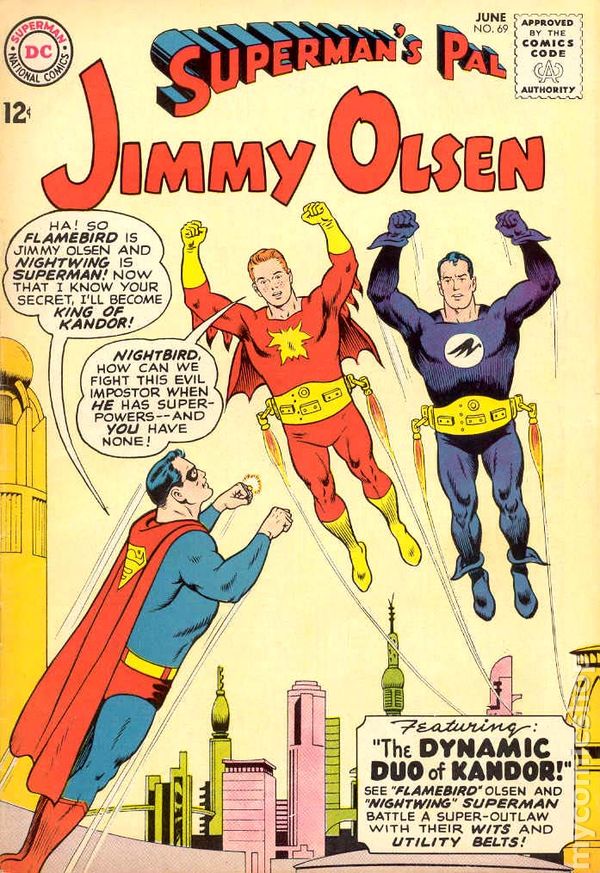|
home | what's new | other sites | contact | about |
||||||
|
Word Gems exploring self-realization, sacred personhood, and full humanity
Jiddu Krishnamurti
Public Talk 2, Ojai, California - 22 May 1960 excerpts Does not the mind, through knowledge, make itself secure? Do you understand? The more knowledge I have, the more secure I am. In its accumulation of knowledge, the mind builds itself a shelter, makes itself secure; and a mind that is secure is a dead mind. Haven't you noticed the people who are very religious, who are clothed in righteous behaviour, who are absolutely sure of their dogma, of their belief, how dead they are - though they call themselves religious, mystical, and all the rest of it? It is the desire to be completely secure that breeds darkness through knowledge; and such a mind can never be free. Editor’s note: A mind that revels in the security of knowledge and experience is a dead mind, can never be free, will never attain to mind as a state of creation. This principle relates directly to the error of reincarnation which exalts the experience of 100,000 lives. Through the acceptance of modern education, knowledge has made our consciousness a vehicle of the known; and the mind may function brilliantly, very intellectually, but so long as it does not understand the operation of knowledge, it is still functioning in darkness. If you examine experience, you will see that every experience is a strengthening of recognition. Editor's note: Too much of what is called education is accepting the authority of "the right answer." We are considering the liberation of the mind, so that the mind can be in that state of creation which is not concerned with [the utility of] expression [but seeks truth for its own sake], though expression may come from it. A creative mind is never concerned with expression; it is not concerned with action, with reform. Creation is a timeless movement - a movement which is never concerned with the immediate; and only the immediate is concerned with reform. I do not know if, while walking alone in the woods, or along a street, you have ever noticed a moment when everything in you is silent, completely still. There is an unexpected, uninvited moment in which the mind, with all its anxieties, with all its worries and pursuits and compulsions, has completely come to an end. In that unexpected, spontaneous moment, time has totally ceased. And if you happen to be gifted as a painter, as a writer... you may express that moment in action; but the action is not that moment. The action of painting may give you fame, money, position, prestige; and man, seeking these things, goes after the technique and loses the other [ie, the mystical moment]. That moment must have happened to most of us at sometime or other in our lives; and then we wish to capture, to hold, to continue in that moment. So, the experience of that moment darkens the mind with its knowledge of that moment [if we cling to its memory as security], and thereby prevents further experiencing. That is why experience as knowledge is destructive to the new. Please, this is not just my special way of looking at life. These are facts. The more experience you have [in terms of seeking security], the more the mind is made dull; there is no innocency of the mind; there is never a moment when the mind is not caught in knowledge, which is essentially of time. So, if you observe, you will see that knowledge - to know, to practise, to hold - darkens the mind; and the mind, being darkened, seeks greater, wider stimulation [to recapture the mystical moment], so it turns to religions, to philosophies, theologies, speculations, or to the latest drugs. The mind which is concerned with [attaining] freedom must explore the question of authority [to see how it retards the mind as state of creation], as well as that of knowledge; for knowledge and authority go together. Unfortunately, most of you are probably listening to me because you think I have some kind of authority. You probably think I know what I'm talking about. (Laughter). No, no, sirs, please don't laugh it away; do listen. There is this absurdity of reputation, fame and all that; but you are actually listening to find out for yourself the truth of the matter, are you not? And if you examine this whole problem of experiencing, you will see that every form of experience which takes root in the soil of the mind, is detrimental, because it destroys the freedom of the mind; it breeds a sense of security, and therefore there is no innocency, no freshness to the mind. Such a mind cannot renew itself, except in further experience - which is the process of recognizing; it is the result of the past, and therefore a continuation of the past, however modified. So, a mind that is concerned with the understanding of freedom must not inquire superficially, but delve deeply within itself to discover the anatomy and the structure of authority. A mind that merely follows authority can never know what it is to be creative. A mind that has disciplined itself to a pattern of action, is not a free mind. Through discipline the mind can never be free. The mind can be free only by understanding this whole problem of discipline not at the end, but at the very beginning of the practice of discipline. You see, to understand a problem like knowledge requires complete attention, and that attention is its own discipline. I do not need a discipline to understand knowledge. The moment I begin to explore the problem, that very exploration demands that the mind discipline itself. Do you understand? Any material has within it its own discipline. To do anything with a piece of wood, you must work in a certain way. The nature of the material imposes its own discipline. Similarly, in the very understanding of this problem of knowledge and authority, in which are implied discipline, experience and time, there is a discipline which is not imposed. In that discipline there is no conflict or contradiction. So, the very process of understanding is its own discipline and its own freedom. The mind that has not investigated, that has not discovered for itself the truth of knowledge and authority, can never be free. It may go to all the churches, it may read innumerable books, it may discipline itself from morning till night; but it is not a free mind. I am talking of the mind as a total thing, not just as the machinery of thought: the mind that succeeds, that fails, that loves, that remembers, that recognizes, that suffers, that knows pity, enjoyment. I am talking of that totality. And that totality of the mind cannot be perceived through any part. You must perceive it as a whole, feel it entirely; and then you can consider the individual things of the mind. The mind is the unconscious as well as the conscious, there is no division between the two; and it is essential to feel the whole nature of the mind, the quality of that totality, if you would understand what it is to be free, and what it is to be in that state of creation which has no beginning and no end. This is not a silly, frustrating sense of mysticism. It demands a great deal of attention and the application of thought - or rather, not thought, but an insistent inquiry into the very process of thinking, feeling, being. And as one begins to understand, one will discover for oneself - naturally, without any compulsion, without any urge - what it is to be free, and what is that state which is not of time and which is not measurable by the mind.
Special note: The gradual building up of knowledge and experience will not solve higher level questions. See the following, reprinted from the “Einstein” page, concerning how the great scientist did not employ gradualism to produce his famous theory:
Einstein
return to "Einstein" main-page
David Bodanis' excellent book, E=mc2
In the poisonous party-factionalism of the French Revolution, Lavoisier lost his head to the guillotine (1793). His high-profile work as a hated tax-collector didn’t help his case. However, he might have survived this loss of reputation, and life, had he not been guilty of one famous crime: At his suggestion, a massive wall had been built around Paris allowing the tax-collectors to adroitly pick one’s pocket, coming and going. This truly became a big selling point for the unforgiving mob that wanted Lavoisier’s King-loving head. Science historians suggest that Lavoisier may have conceived of the idea of Paris as an enclosed fortress from the many experiments of the French chemist. In order to get a good reading of the mass of rusting metal one needs an air-tight bottle. He may have seen Paris as an air-tight bottle.
the two domains, energy and matter But let’s extend this analogy. Prior to Einstein, the realms of energy and matter were viewed as separate air-tight bottles, with no linkage or crossing over. David Bodanis offers a great insight into Einstein’s problem-solving labor. Consider this: Lavoisier’s work had offered significant clues regarding what would come to be called the “conservation of matter.” He did this by accurately weighing various forms of matter which had been hammered, shredded, burned, blown to bits, and yet, when put to the scale, it was all there, every particle, albeit, combined or recombined, now wearing a new mask. Faraday had done the same for energy. He asserted that magnetism can change form, into electricity, and electricity can become magnetism. Again, a "conservation of energy." Now, here’s where it gets interesting. Einstein said that energy is a form of matter, and matter is a form of energy. But how to offer evidence? Would it not make sense to follow the lead of the greats of the past, Lavoisier and Faraday, and prove one’s point by accurately weighing and measuring as they did? What could be more reasonable and seemingly assured of success? one of the great counter-intuitive, non-sequential insights of all history David Bodanis: “It is common to think of science as building up gradually from what came before… the incremental approach does not work with deep problems "But this incremental approach does not work with deep problems. "Einstein did find that there was a link between the two domains [energy and matter], but he didn’t do it by looking at experiments with weighing mass and seeing if somehow a little bit was not accounted for, and might have slipped over to become energy. "Instead, he took what seems to be an immensely roundabout path. He seemed to abandon mass and energy entirely, and began to focus on what appeared to be an unrelated topic. "He began to look at the speed of light.”
|
||||||
|
|


